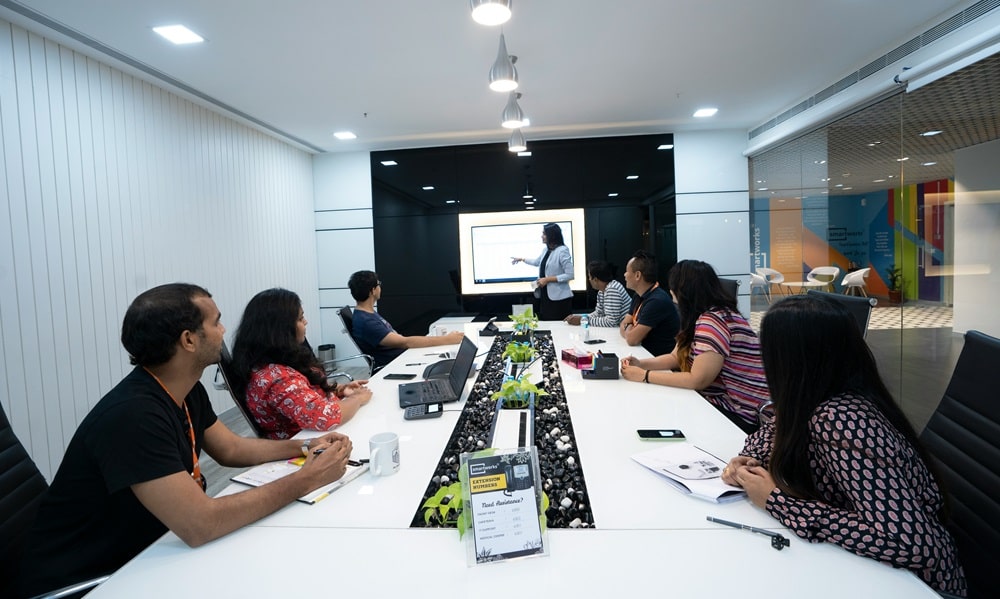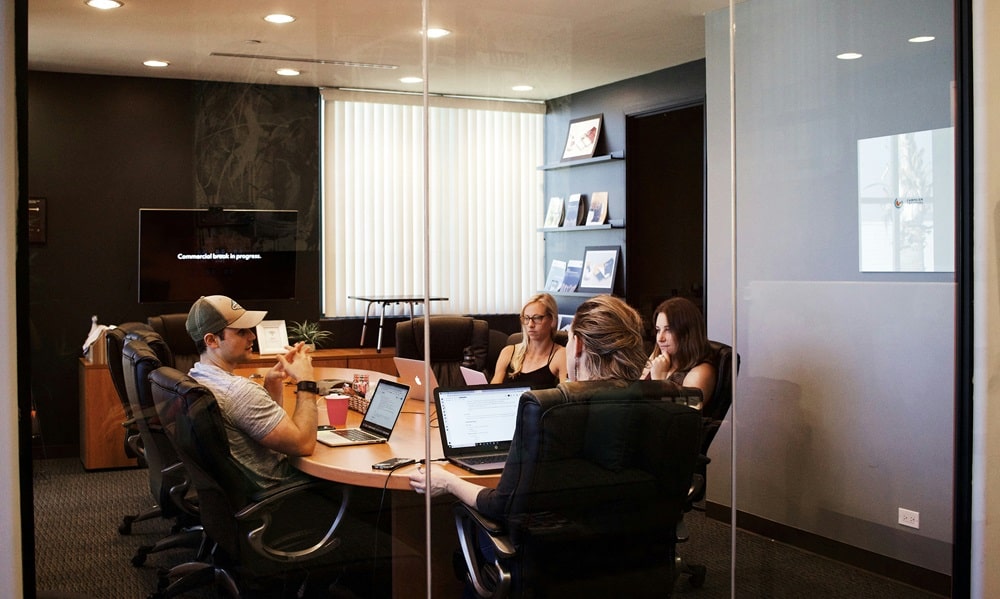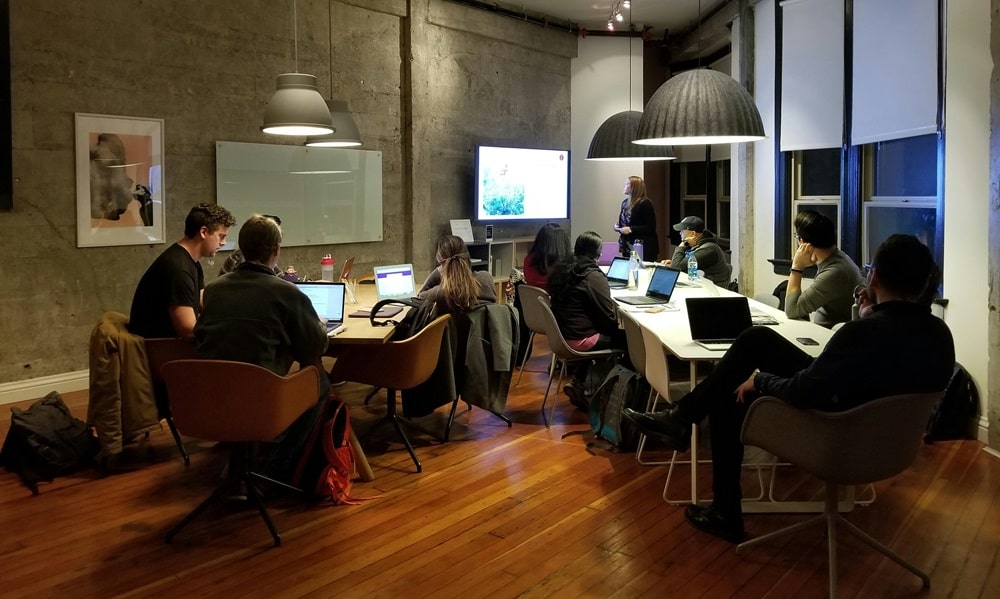How to motivate your team without relying on financial incentives?
In a rapidly changing work environment, where employees’ expectations are constantly evolving, motivation at work is no longer based solely on compensation. While money remains an important factor, numerous studies show that it is no longer enough to retain, engage, and sustainably motivate a team.
So, how can you foster your employees’ engagement without increasing bonuses or salaries? In this article, we’ll take a comprehensive look at concrete and sustainable solutions to boost your team’s motivation.
Understanding what truly motivates employees
Before implementing any actions, it is essential to understand the mechanisms of motivation. Several theories help shed light on this topic:
Maslow's hierarchy of needs
This well-known theory organizes human needs into five levels: physiological needs, safety, belonging, esteem, and self-actualization. Needs related to esteem (recognition) and self-actualization (meaningful work) are often overlooked, even though they are essential for motivating a team.

Herzberg’s Two-Factor Theory
According to Herzberg, two categories influence job satisfaction:
- Hygiene factors (salary, working conditions) prevent dissatisfaction.
- Motivating factors (recognition, autonomy, personal development) drive engagement.
It is on these latter factors that we will focus.
Giving meaning to work
Sharing a clear vision
Employees want to understand why they are working. A clear, shared, and inspiring vision allows everyone to align with common objectives.
Example: Within the Acollab team, we regularly hold strategic sharing meetings so that every team member understands the impact of their work on the overall project.
Additionally, during strategic projects, we seek input from our employees to ensure the whole team is considered. This approach often leads to great ideas for improvement!

Highlighting the impact of tasks
Employees are more motivated when they see the tangible impact of their actions, whether on a client, a colleague, or the company.
Tip: Include customer feedback in team reviews, display achievements on a visible board, and celebrate “small victories.”
Creating a trust-based environment
Encouraging autonomy
Giving employees freedom in how they organize their work strengthens their sense of responsibility and trust.
How to do it?
- Set clear objectives but allow freedom in the methods to achieve them (and above all, provide the necessary resources).
- Promote flexibility (working hours, remote work, etc.).

Promoting a culture that accepts mistakes
Innovating also means taking risks. A motivated team is a team that dares. To achieve this, failure must be de-stigmatized.
Best practices:
- Share failures and lessons learned during retrospectives.
- Recognize initiatives, even if they don’t always lead to success.
Recognize and celebrate
Recognition
Recognition is a very powerful motivator. It can be individual or collective, formal or informal.
Some ideas:
- A personalized thank-you note.
- A dedicated Slack or Teams channel for “kudos.”
- A team trophy.

Celebrate successes
Celebrating helps build connections and recognize the efforts made. It strengthens the sense of belonging.
Examples:
- End-of-project gatherings.
- Team lunches after each successful delivery.
- Internal highlights in a newsletter.
Offer opportunities for growth
Skills development
Learning is a powerful driver of motivation. Offer training sessions, mentoring, or cross-functional assignments.
At Acollab, we promote continuous skill development through weekly technical meetings. Another tip: allocate an individualized training budget for each team member.

Internal mobility and expanding responsibilities
Varying assignments helps maintain interest and reduce monotony.
Tip: Implement a rotation system for certain projects or allow employees to express their preferences during regular check-ins.
Improving internal communication
Being attentive
Motivation also comes from feeling heard and understood.
Best practices:
- Hold regular one-on-one meetings.
- Conduct anonymous internal surveys.
- Implement digital suggestion boxes.

Establish team rituals
Weekly check-ins, virtual coffees, or end-of-project debriefs are not trivial. They help build connections, foster team cohesion, and maintain collective momentum.
Focusing on quality of work life
Maintaining a healthy work-life balance
Providing conditions that respect work-life balance is essential. An exhausted employee is rarely motivated.
Concrete actions:
- Respecting the right to disconnect
- Valuing break times
- Allowing regular remote work

Pleasant workspaces
A pleasant work environment boosts creativity and well-being.
Even when working remotely:
- Provide ergonomic equipment.
- Give tips for properly setting up one’s workspace.
Building a strong team spirit
Fostering team cohesion
A close-knit team is a motivated team. Encourage moments of interaction, even informal ones.
Ideas:
- Team-building activities, ideally in person
- Team lunches, games, challenges

Encourage mutual support
Highlight collaborative behaviors and recognize those who help their colleagues.
Example: Create an internal “skills map” so everyone knows who to turn to.
Use the right tools to collaborate more effectively
Tools that streamline organization
A good project management tool, such as Acollab, provides:
- Better visibility on tasks.
- Fewer misunderstandings.
- Clear tracking of progress.
Less stress and more clarity = higher motivation.

A platform to centralize information
Avoid wasted time and frustration by centralizing documents, discussions, and schedules. This strengthens transparency and efficiency.
Adjusting your management approach
Be a leader, not just a boss
An inspiring manager motivates more than a mere taskmaster. They listen, support, and provide purpose.

Tailor your approach to each team member
Each person is different. Some will be motivated by challenges, others by learning or recognition. This is why it’s important to understand individual drivers.
In conclusion: motivation isn’t bought, it’s built
Of course, financial incentives remain a primary lever for keeping a team engaged. However, motivating your team without monetary rewards is possible—and often more sustainable. It requires listening, trust, clarity, recognition, and the right tools.
By investing in people, you build a team that is more engaged, loyal, and high-performing. At Acollab, we believe that collaboration is the key to achieving this success.
